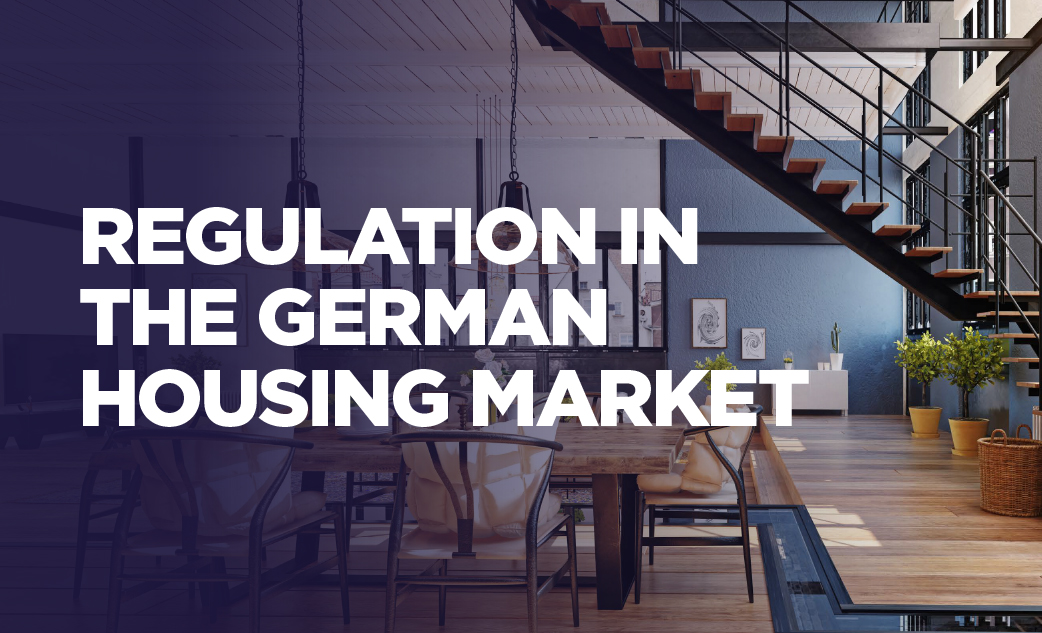In Germany's top-5 office markets, around 474,000 sqm of office space was leased or occupied by owner-occupiers in the 2nd quarter of 2023. This is the weakest quarter in terms of sales since Q2 2009, after the start of the financial crisis, and is 30 percent below the average of the past ten quarters. In the first half of 2023, take-up totals 982,000 sqm (-31 percent compared to the same period last year). For 2023 we expect a full-year result of around 2.4 million sqm.
Decline in take-up in all top-5 markets
Comparing H1 2023 to H1 2022, all top-5 markets recorded a decline in take-up. Frankfurt remained almost stable with a decline of only 4 percent. The other markets are down between 25 and 43 percent. Berlin (244,000 sqm) and Munich (238,000 sqm) recorded the highest take-up.
Low number of lettings
At 630, the number of lettings in Q2 2023 reached its lowest level since Q2 2020, which was characterised by the onset of the Covid pandemic. A decline in the number of deals is particularly noticeable in the 5,000 sq m and more segment. The 500 sq m to 3,000 sq m size category remained almost stable compared to the last two years. However, large deals remain scarce. In H1, there were only four lettings of 10,000 sq m or more, two of which were concluded in Berlin in the 1st quarter and one in Munich in the 2nd quarter, as well as the lease by RTL (17,500 sq m) in HafenCity in Hamburg. In the 1st half of 2022, 14 major deals were registered.
Central locations in demand
About two-thirds of the take-up is accounted for by CBDs and locations close to the city centre, and one-third by secondary or peripheral locations. Over the past two years, the proportion in the more central locations has increased.
Christian Lanfer, Head of Office Agency Germany, commented: "It appears that many companies have come to terms with employees working from home and are adapting their space to the new circumstances. The hope and expectation in the market is that the willingness to take decisions and thus the number of deals will increase again. What will remain is the flight to quality. After all, a bad office doesn't trump the cozy comforts of home."
Vacancy rate continues to rise
Office vacancy in the top-5 markets stood at 4.99 million sqm at the end of Q2 2023. This corresponds to a vacancy rate of 6.4 percent and is 0.9 percentage points higher than twelve months ago. Among the five markets, Hamburg continues to have the lowest rate at 4.6 percent. Over the remainder of 2023, vacancy in the top-5 markets is expected to rise to over 5 million sqm. Sub-lettings have risen further to 523,000 sqm; an increase of 47 percent compared to a year ago. Berlin and Düsseldorf lead here, with around 130,000 sqm each – Hamburg has the lowest figure, at 56,000 sqm.
Completion volume will almost reach the 2 million sqm mark in 2023
521,000 sqm of office space was completed in Q2, bringing the H1 total to 868,000 sqm, 63 percent of which was already leased or assigned to owner-occupiers at the time of completion. Munich (411,000 sqm) and Berlin (258,000 sqm) were the major contributors here, together accounting for almost 80 percent of completions. Around 1.9 million sqm is expected to be completed in 2023 as a whole – which would be well above the 5-year average of around 440,000 sqm. At the end of the 2nd quarter, the construction volume was 4.03 million sqm – half of which is still vacant. Here, too, the lion’s share is contributed by Berlin (1.7 million sqm) and Munich (785,000 sqm).
Rental prices continue to rise
Rents continued to rise in Q3: prime rents rose by 50 cents in Frankfurt, Berlin and Munich. The prime rental price index for the top-5 markets stood at 160.9 points at the end of Q2 2023 (2010=100). This represents an increase of almost 8 percent over a 12-month period. We expect a further increase in Berlin and Hamburg over the remainder of 2023. Average rents (considering the deals of the last 12 months) have increased in all five markets compared to a year earlier. Rent-free periods in prime city-centre locations amount to 6.8 percent (based on a 5-year lease term across all top-5 markets).






